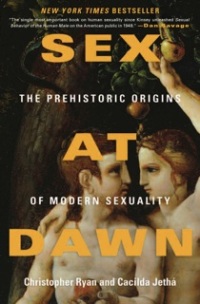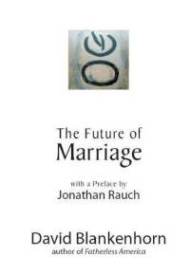Yup, I’ll be at it again – and, not only that, but I’ll be rebelling and rewriting Love Times Infinity, the novel!
 It feels like a long time since I started this blog with the intent of keeping myself motivated to edit the book. It has, in fact, been nearly two years. Everyone moves at their own pace, I guess, and this is apparently mine.
It feels like a long time since I started this blog with the intent of keeping myself motivated to edit the book. It has, in fact, been nearly two years. Everyone moves at their own pace, I guess, and this is apparently mine.
When I printed the manuscript in June, I was able to fit it on 150 pages. I’m taking some time now in October to read each of those pages, and mark changes that need to be made and places that need to be reworked (pretty much the whole thing, to be honest). I’ve got a notebook for a sidekick in which to take down all of my lengthy notes.
It’s a slow process. I’m on page 17.
Come November 1st, though, I’ll hopefully be far enough along to start the rewrite. I think ultimately, my goal is for the rewrite to be closer to 80,000 words. I know that I could write that many words in November, but I don’t know if I will. It all depends on how much of this editing I get done, and how far along I am before Thanksgiving rolls around and I travel to California to visit family for a bit. Despite my rebellion, (NaNo rules officially state that “previously written prose…is punishable by death” – I guess I could avoid that by completely rewriting every single word of my first draft, but there might be bits I like and want to keep, so I’ll do as I see fit.) this, I think, is a difficult but doable goal for myself.
Thank you ahead of time to those who offer encouraging words and support – and apologies ahead of time to anyone who is friends with me on Facebook, for all the statuses that are simply numbers about to clutter your news feed.







